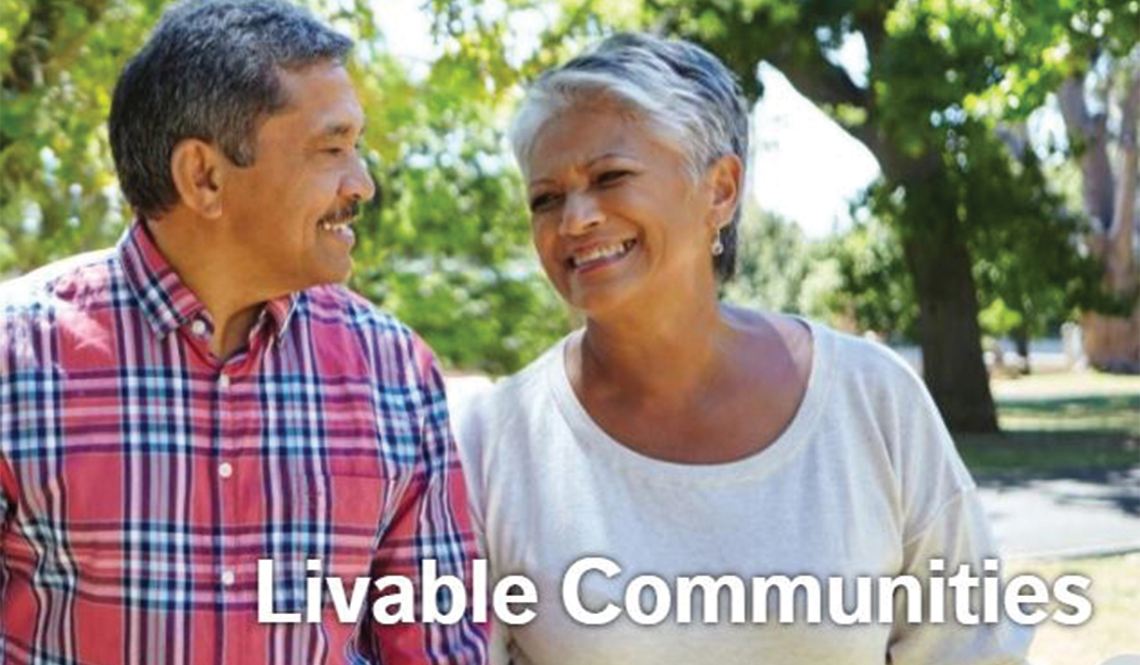
- Select a language for the TTS:
- UK English Female
- UK English Male
- US English Female
- US English Male
- Australian Female
- Australian Male
- Language selected: (auto detect) - EN
Play all audios:
In 2008, Alistair Burt was appointed as Assistant Chief Whip by David Cameron, to look at, among other things, the professional development of Prospective Parliamentary Candidates and MPs.
He, and I as his assistant, worked with psychologists and other professionals to profile what makes someone a good MP. What skills are innate? What can be developed? And what can be learned?
The most obvious finding being that what makes someone successful in an election is not necessarily what makes them successful as an MP. Take a candidate, who has gone through years of
applying to be on the approved list, seat selections, perhaps an election or two before finding a winnable seat – and then actually winning that seat. That candidate must identify themselves
as a ‘winner’, and able to convey the message that they are the best person for the job. Their knowledge will be of local issues, and, unless they have come from the Westminster-bubble, it
is surprising to find out how little they know of the role of an MP. The transition to Parliament after a general election is a time of tremendous upheaval, which has no parallel in business
or the public sector. In 2010, I recall watching the results come in overnight and sending instruction messages to newly elected Conservative MPs advising they are expected to report for
induction in Westminster in three days’ time. Their moment in the limelight fades very fast as they are transported from being the ‘winner’ to arriving at Westminster and being a very small
fish in a large and fast-moving river. As organisations and businesses across the country have modernised employment practices, Westminster has been left flailing behind. Certainly,
Westminster Grandees see arriving at Parliament as a rite of passage: “there were no training and development opportunities when I entered Parliament – you had to be motivated enough to put
yourself through an apprenticeship of your own making‟. Is that really the best way of doing things? In recent years, MPs entering Parliament are far more likely to have experienced
structured induction and development and the lack of this can leave them feeling very isolated. Do you trust the Whips Office to help and support MPs? Or will admitting any weaknesses be
held against you? MPs settle into Westminster life one way or another and find it much less about individual success and more about toeing the line, being a team player and getting on with
the job. But what is the job? Because it’s very often not what people expect or imagine it to be. As someone who has shadowed an MP for 13 years, I am often asked whether I intend to stand
for elected politics. The answer is “No”, with absolutely no hesitation. Being a good MP is not a job – it is sacrificing your life for a period of time in the name of public service. There
are no hours, no annual leave, no sick leave, no appraisals or assessments, and the chances for promotion are few and far between – and often not based on recognition of skill or success.
The intrusion doesn’t stop – constituents won’t decide not to approach you in the supermarket because it’s the weekend. The media won’t turn a blind eye because of something you did ‘out of
hours’. And annual leave? Well yes, there are recesses, but don’t admit to anyone that you are doing anything other than working in the constituency. Now pile on the current climate of
constant abuse, general hatred and working in a building that is dangerously decaying. Bearing that in mind, is it any wonder MPs are deciding to stand down after just one or two terms. So
what does make someone a good MP? Back in 2008 it was thought to be a good communicator who can build trust by demonstrating empathy and listening to others’ concerns. Someone who can lead
and motivate others to follow them, with vision and who is ambitious in setting and achieving goals. A public servant who demonstrates integrity and courage in working for public good. When
you look at some of the most successful MPs that came from that intake – Amber Rudd, Nicky Morgan, Nick Boles, Margot James, Rory Stewart – it’s easy to see those qualities on show. But with
the levels of public frustration so high, and trust in Parliament so low, what is it that makes someone a good MP in 2019 – Resilience? Arrogance? Power-hungry? Are those the MPs we want?
Because unless we understand the true role of our elected representatives and change the way we treat MPs, they will be the ones we deserve.

![[withdrawn] near miss with a track worker at llandegai tunnel](https://assets.publishing.service.gov.uk/media/6051d710d3bf7f0455a6e604/s960_Llandegai_tunnel.jpg)








